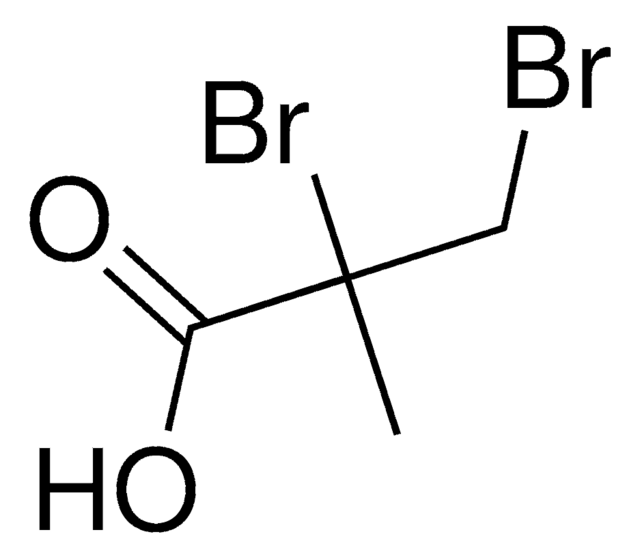648566
Tolueno
suitable for HPLC, ≥99.9%
About This Item
Productos recomendados
vapor density
3.2 (vs air)
Quality Level
vapor pressure
22 mmHg ( 20 °C)
26 mmHg ( 25 °C)
assay
≥99.9%
form
liquid
autoignition temp.
997 °F
expl. lim.
7 %
technique(s)
HPLC: suitable
impurities
≤0.02% water
evapn. residue
≤0.0005%
color
colorless
refractive index
n/D 1.496 (lit.)
bp
110-111 °C (lit.)
mp
-93 °C (lit.)
density
0.865 g/mL at 25 °C (lit.)
UV absorption
λ: 290 nm Amax: 0.30
λ: 310 nm Amax: 0.05
λ: 350 nm Amax: 0.004
SMILES string
Cc1ccccc1
InChI
1S/C7H8/c1-7-5-3-2-4-6-7/h2-6H,1H3
InChI key
YXFVVABEGXRONW-UHFFFAOYSA-N
¿Está buscando productos similares? Visita Guía de comparación de productos
Categorías relacionadas
General description
Application
- As a doping agent during the quantitative estimation of triacylglycerols (TAGs) by liquid chromatography-atmospheric pressure photoionization-mass spectrometry (LC-APPIMS). It has been reported to improve the sensitivity of analysis.
- For the decontamination of microbial cultures and lyse bacterial cells in bacterial enzyme assays.
- As a solvent for the preparation of 4-arm polylactide-based (PLA) star oligomer.
signalword
Danger
Hazard Classifications
Aquatic Chronic 3 - Asp. Tox. 1 - Flam. Liq. 2 - Repr. 2 - Skin Irrit. 2 - STOT RE 2 Inhalation - STOT SE 3
target_organs
Central nervous system
Storage Class
3 - Flammable liquids
wgk_germany
WGK 3
flash_point_f
39.9 °F - closed cup
flash_point_c
4.4 °C - closed cup
ppe
Eyeshields, Faceshields, Gloves, type ABEK (EN14387) respirator filter
Elija entre una de las versiones más recientes:
¿Ya tiene este producto?
Encuentre la documentación para los productos que ha comprado recientemente en la Biblioteca de documentos.
Los clientes también vieron
Nuestro equipo de científicos tiene experiencia en todas las áreas de investigación: Ciencias de la vida, Ciencia de los materiales, Síntesis química, Cromatografía, Analítica y muchas otras.
Póngase en contacto con el Servicio técnico





